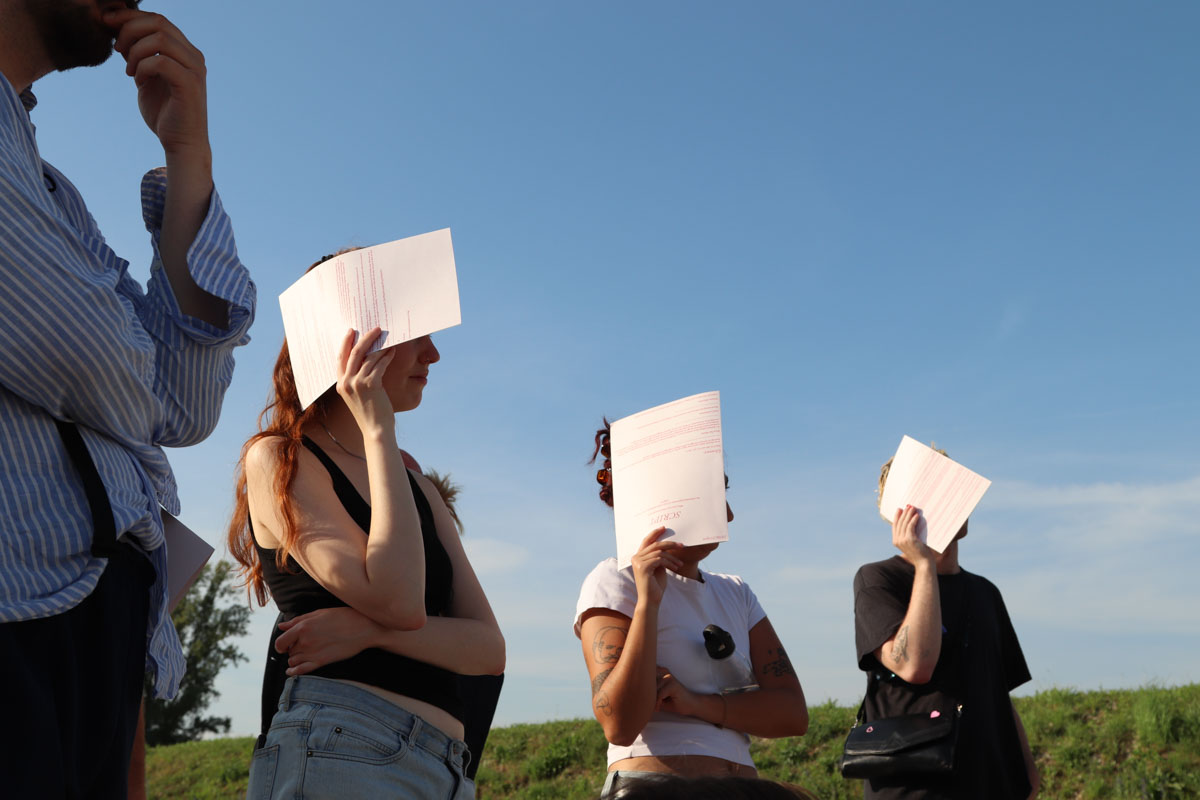
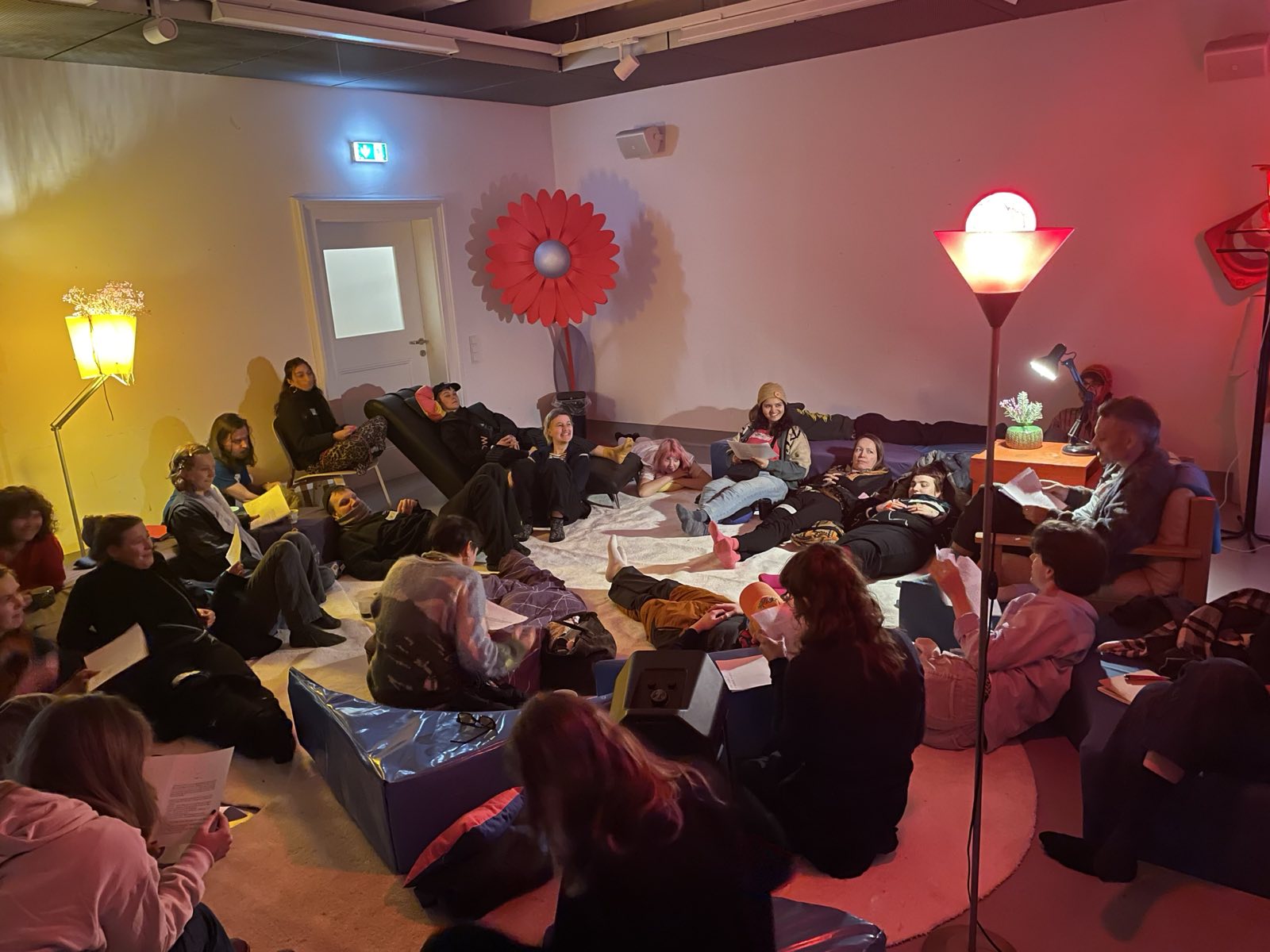
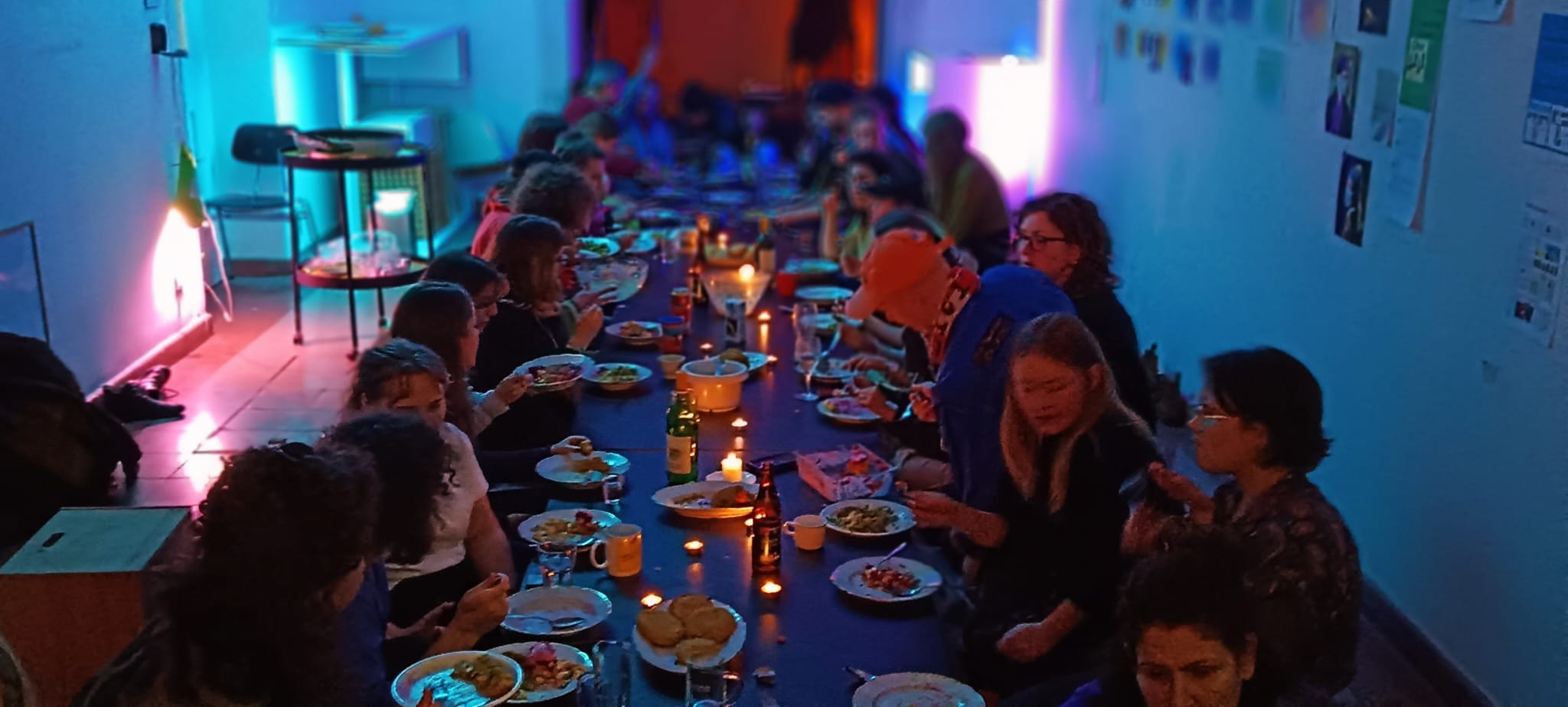
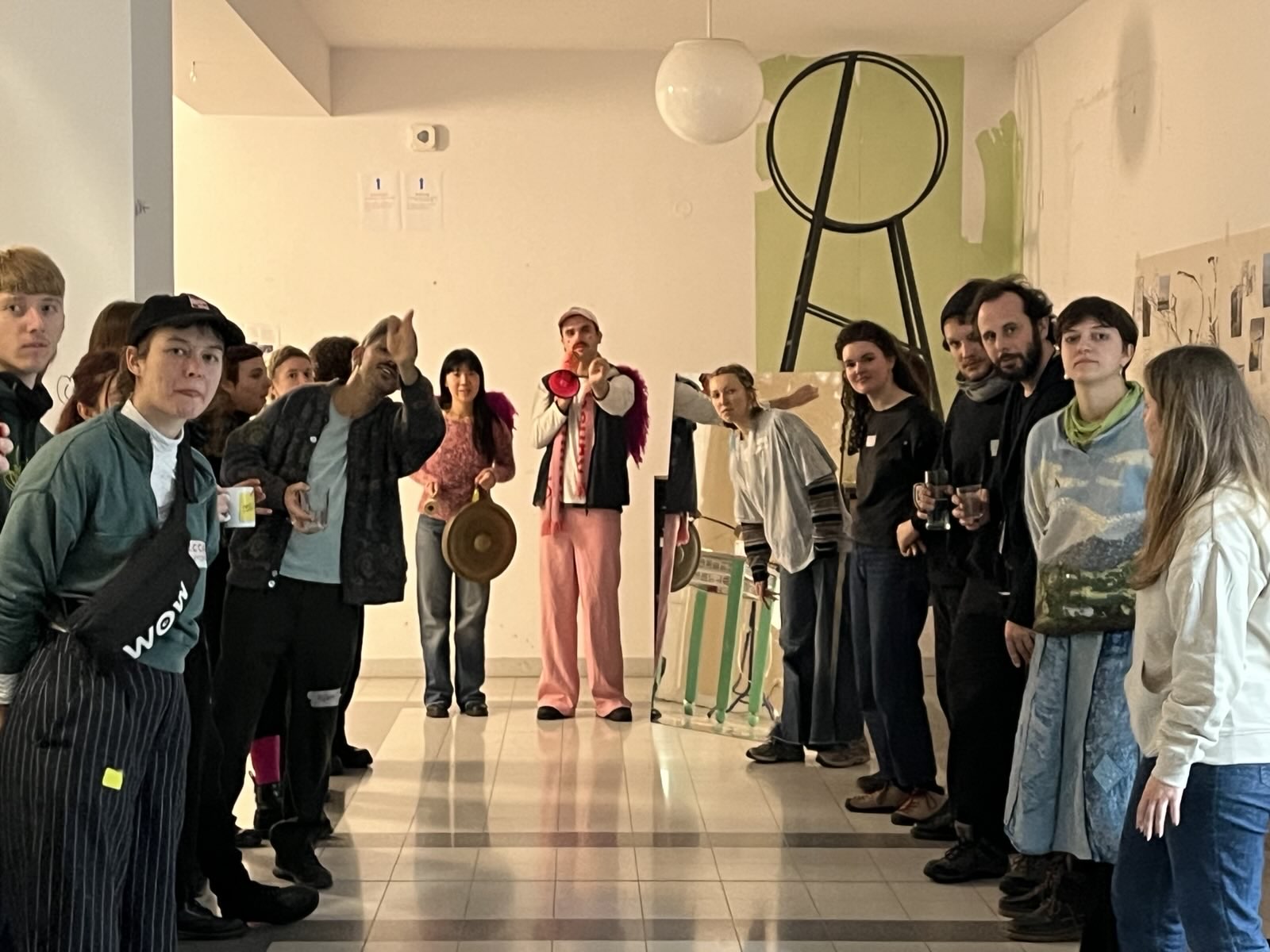
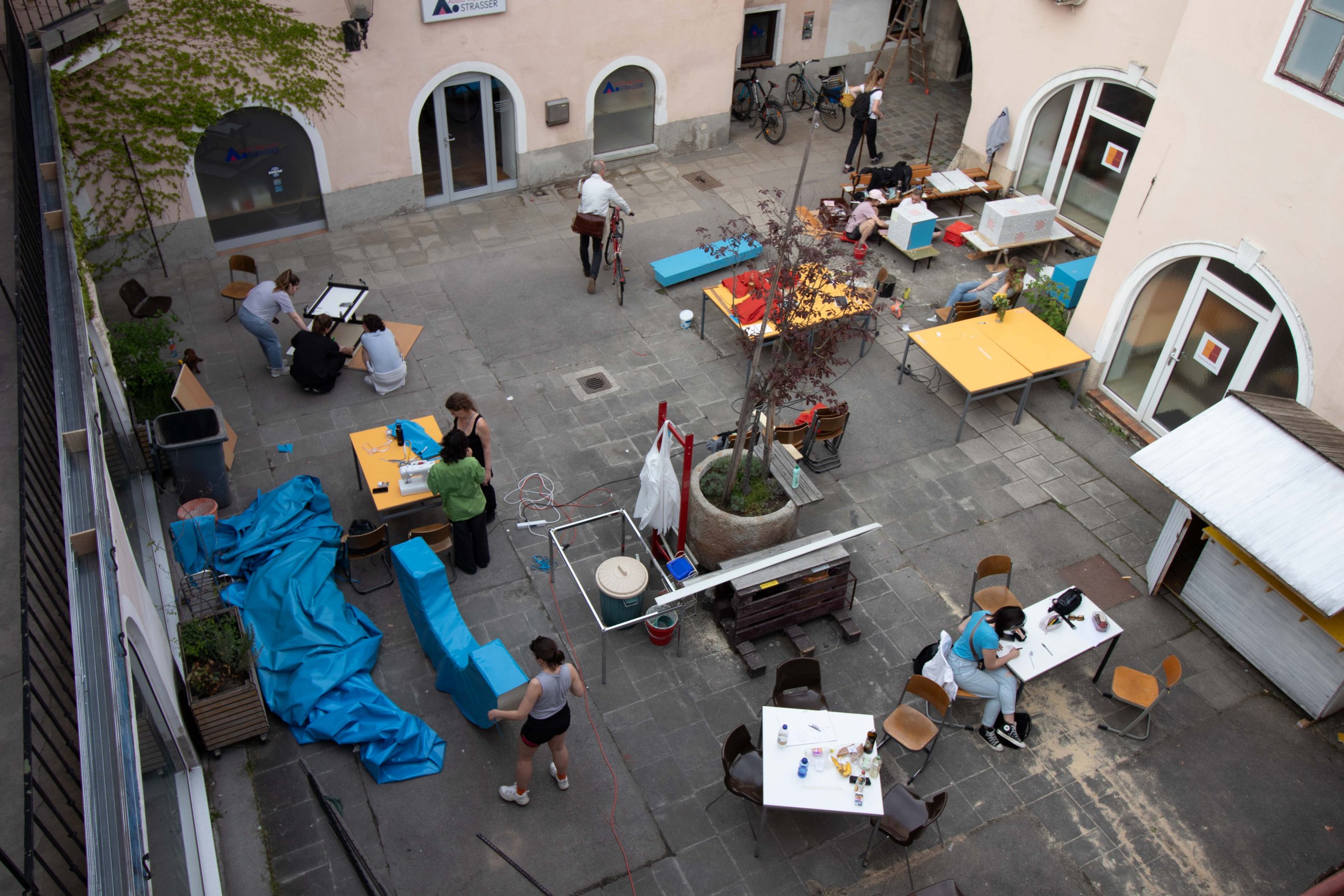
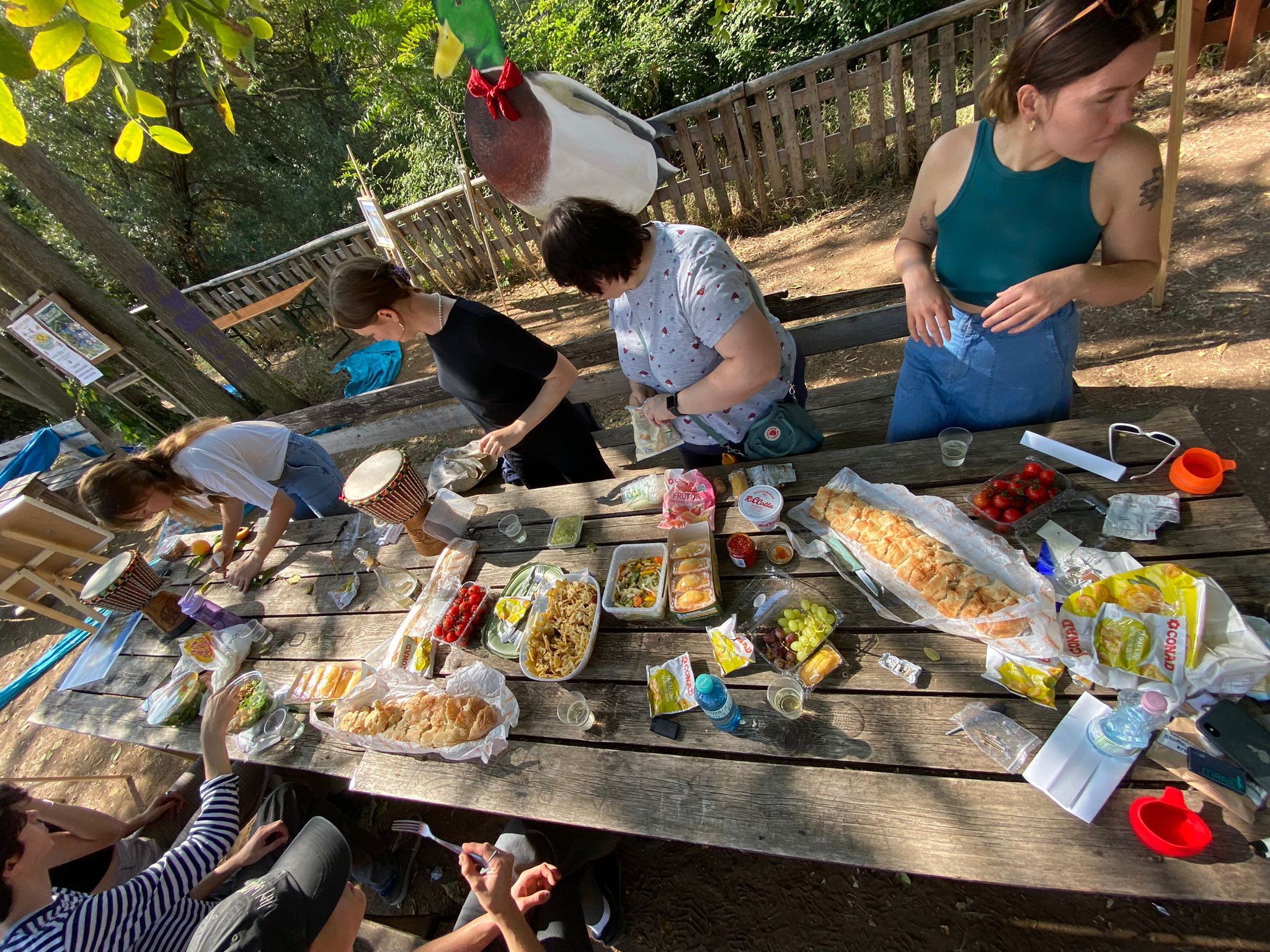
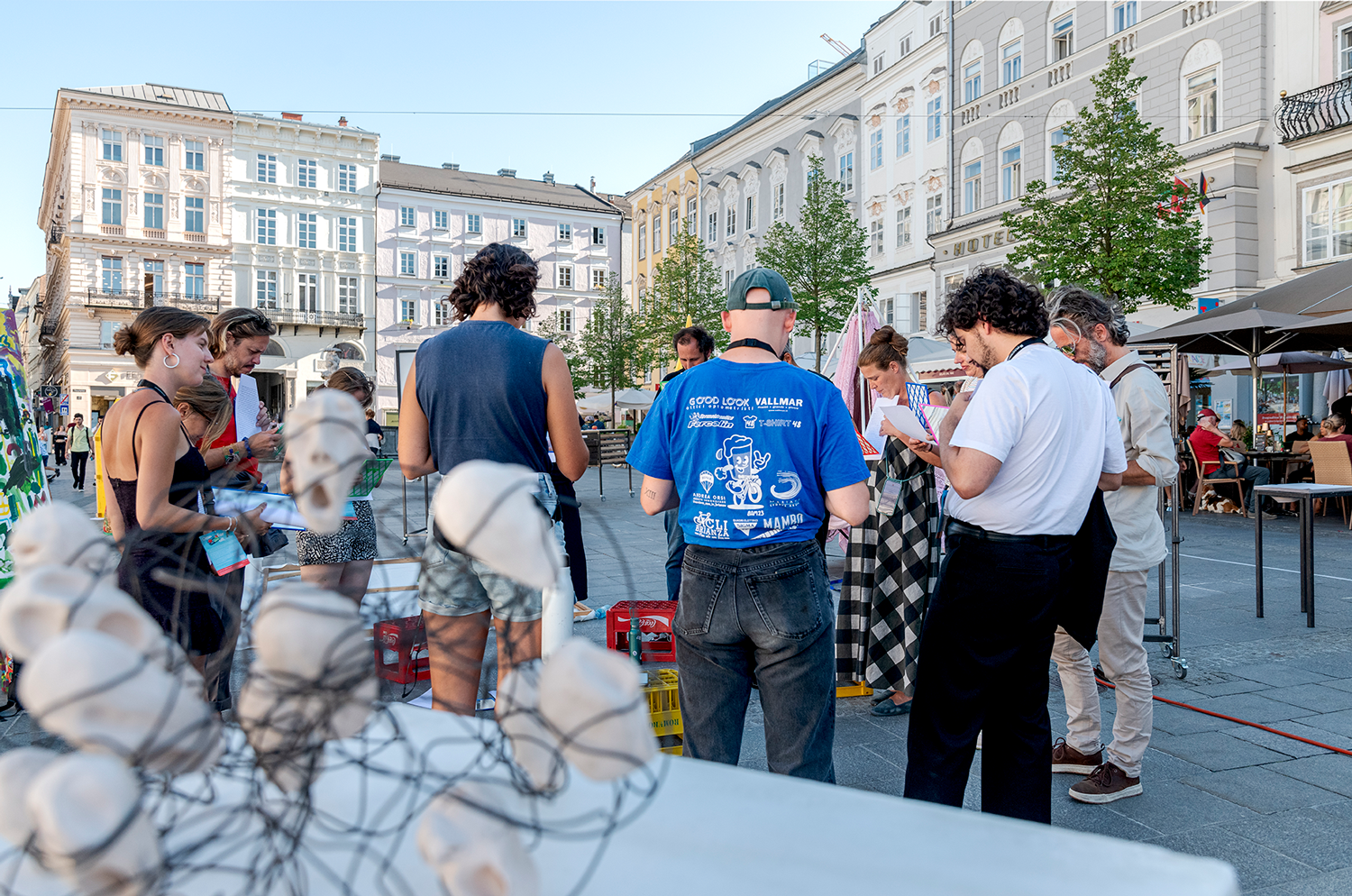
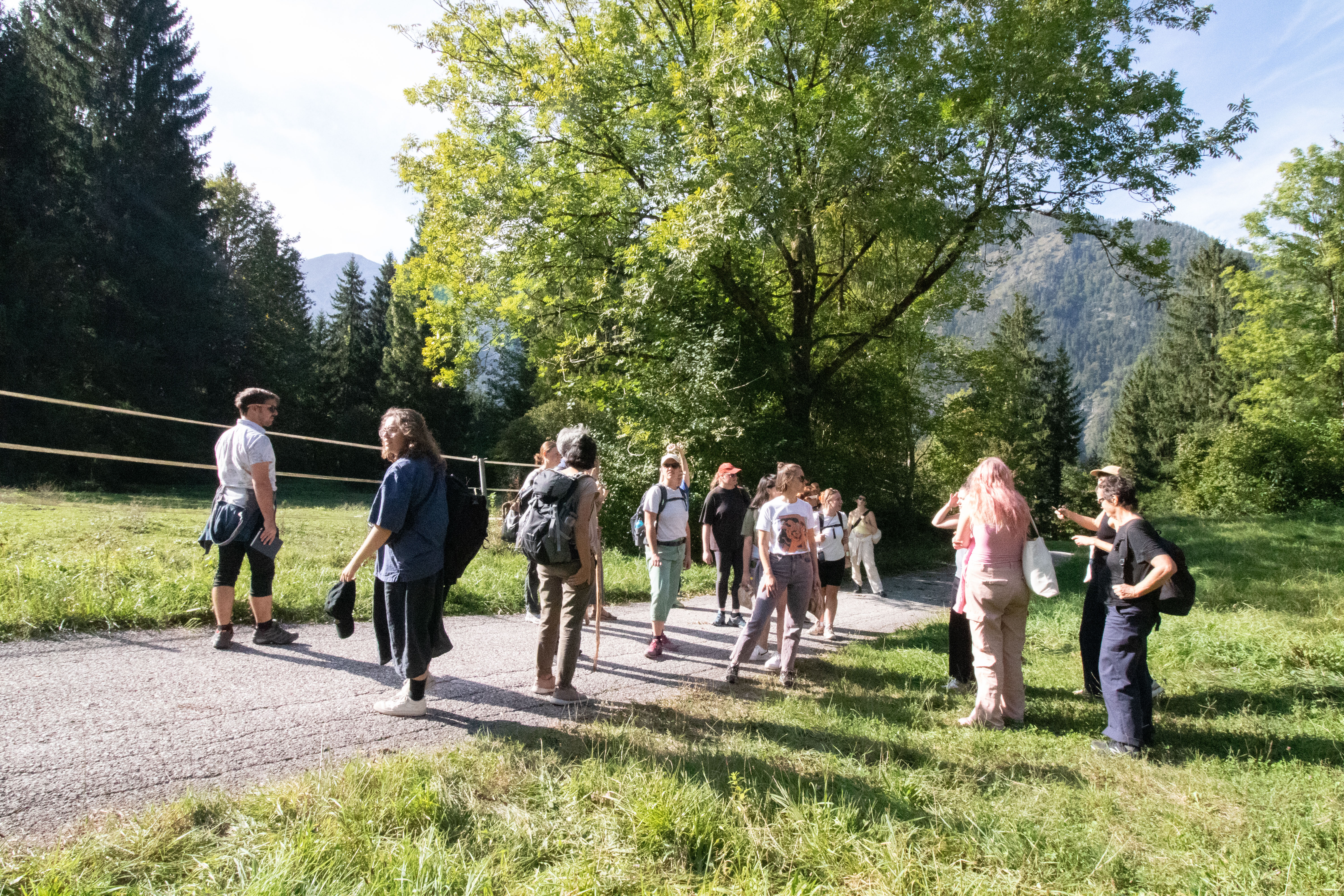
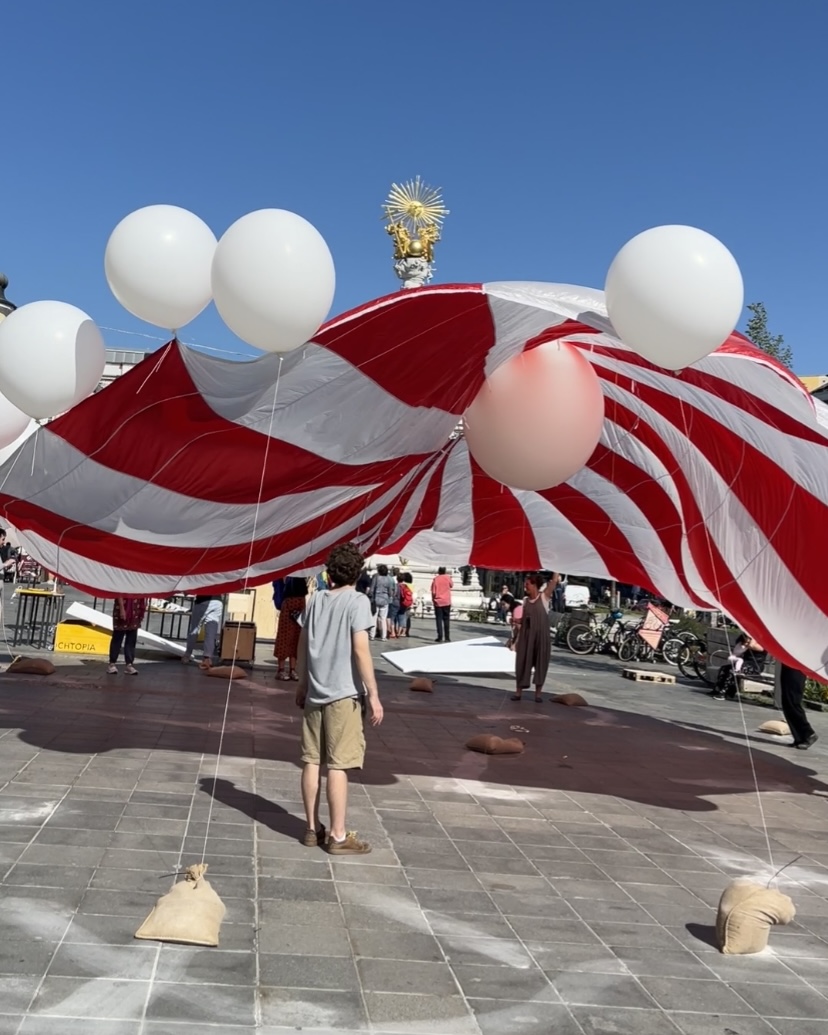
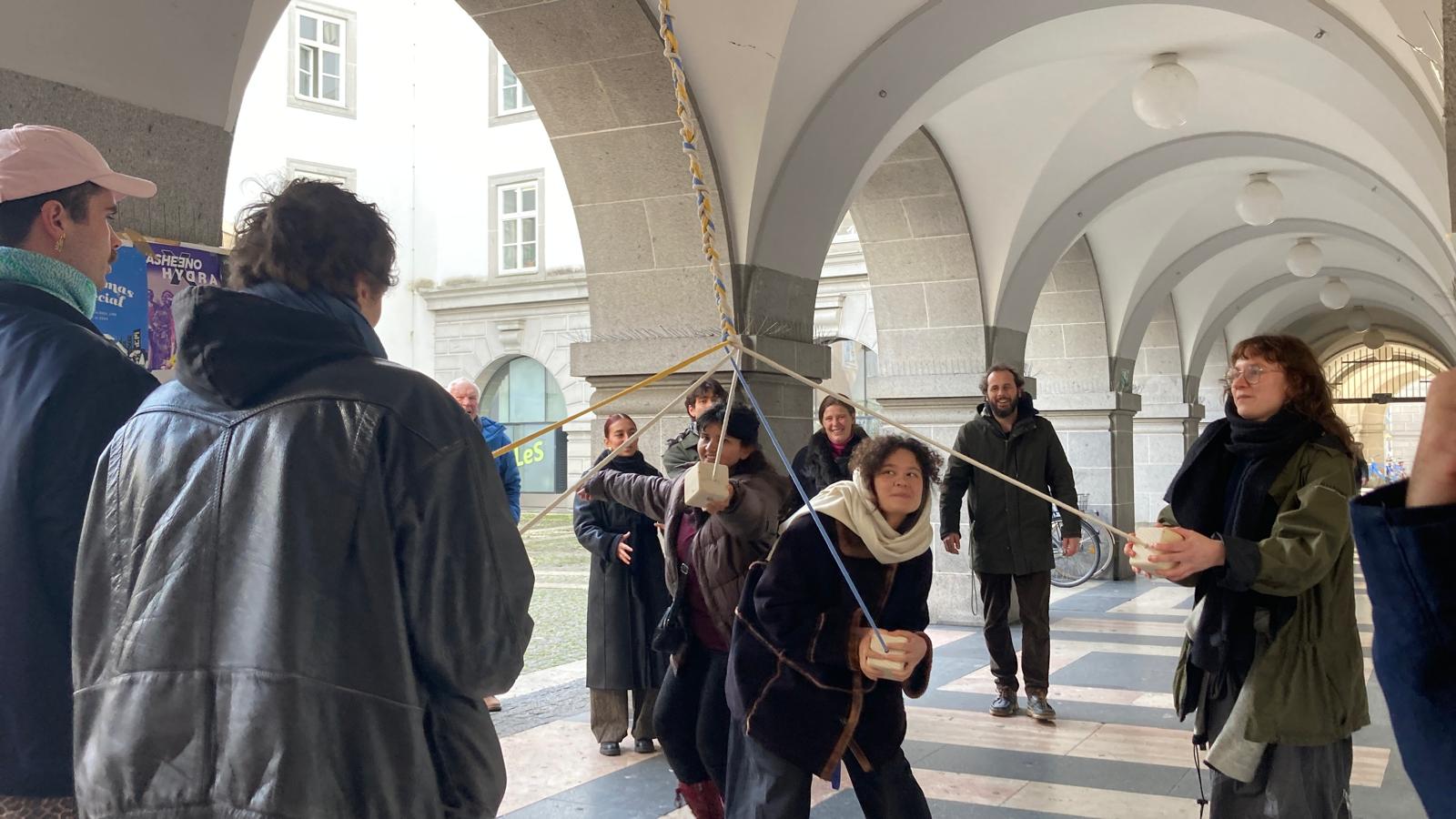
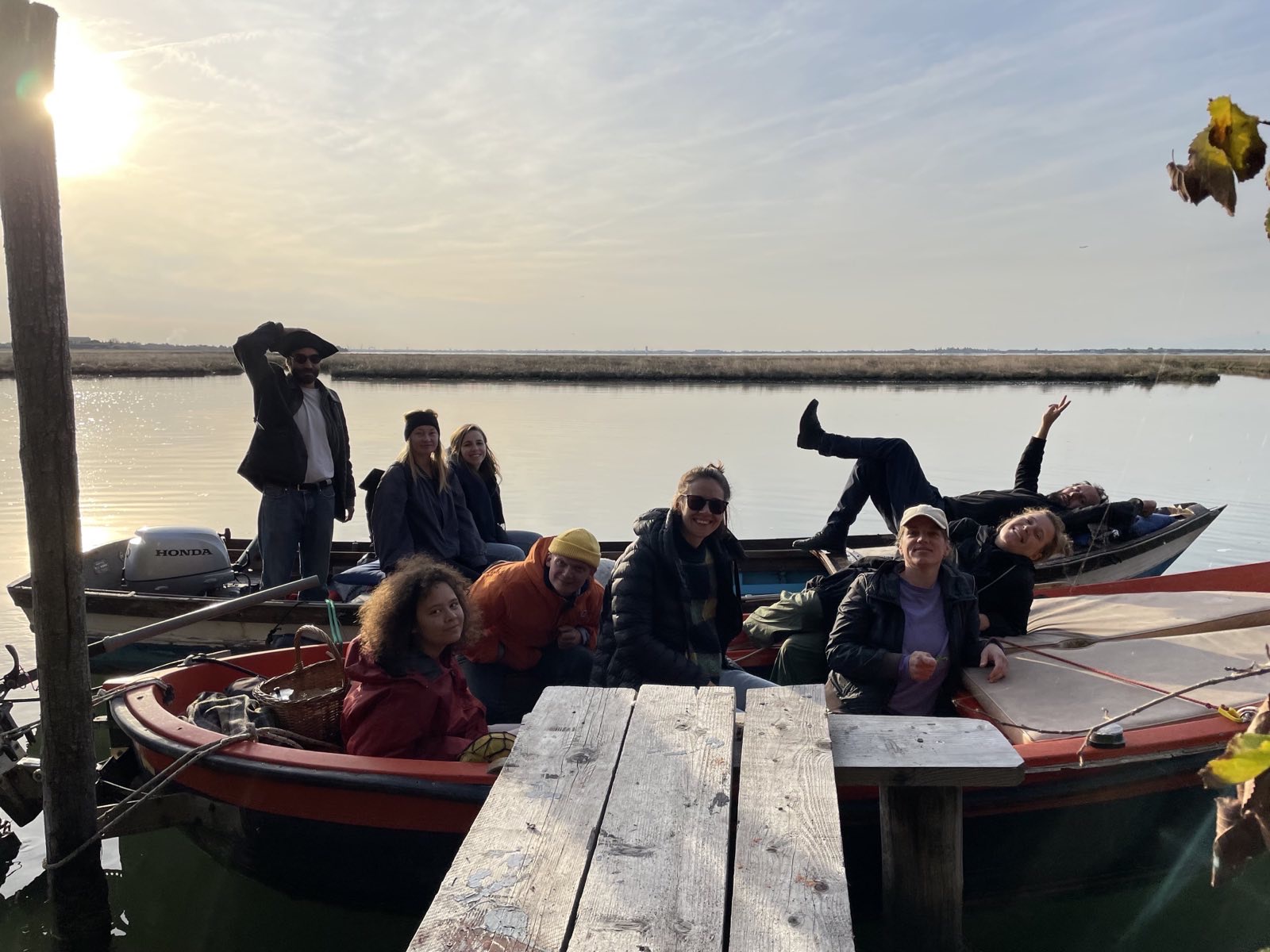
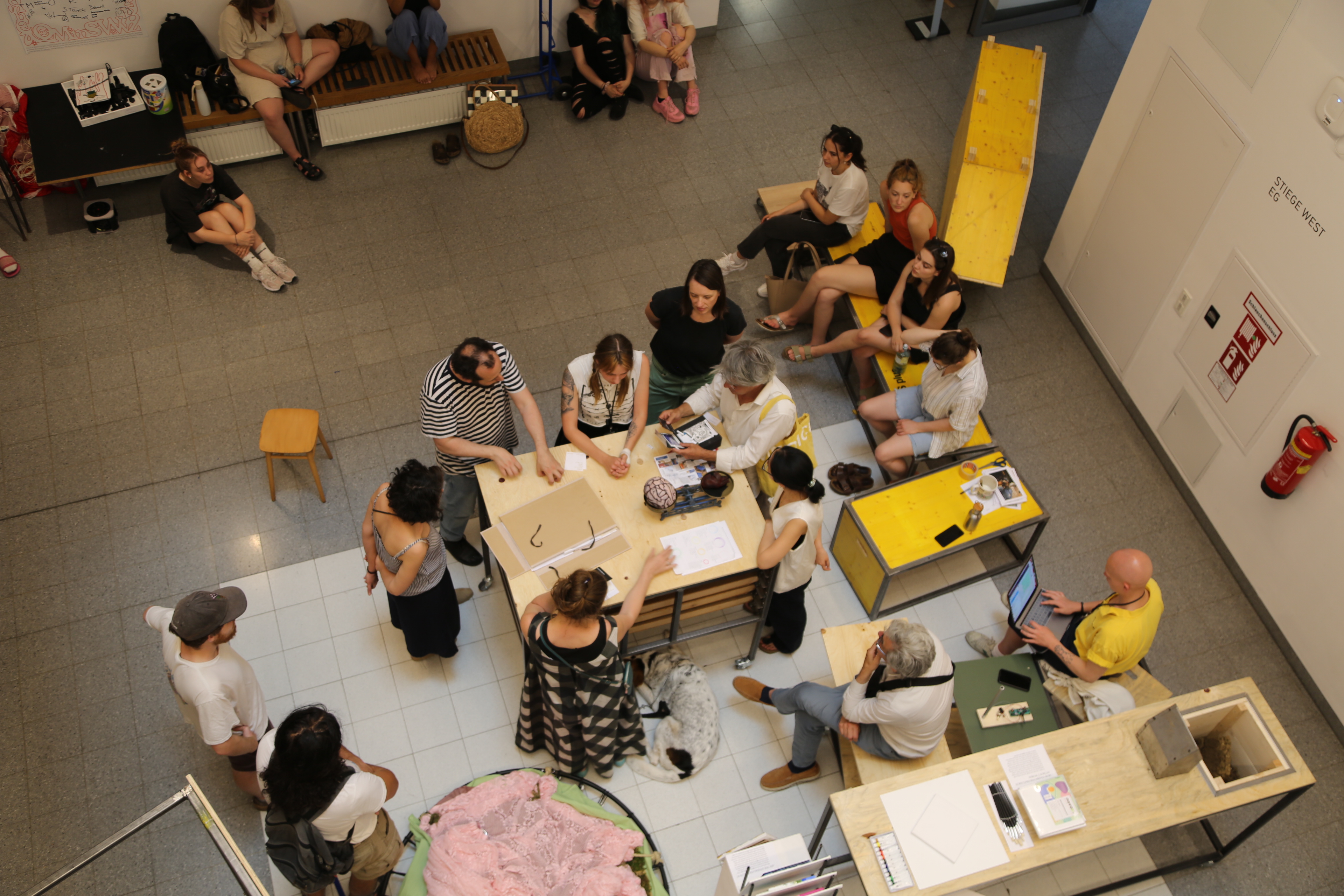
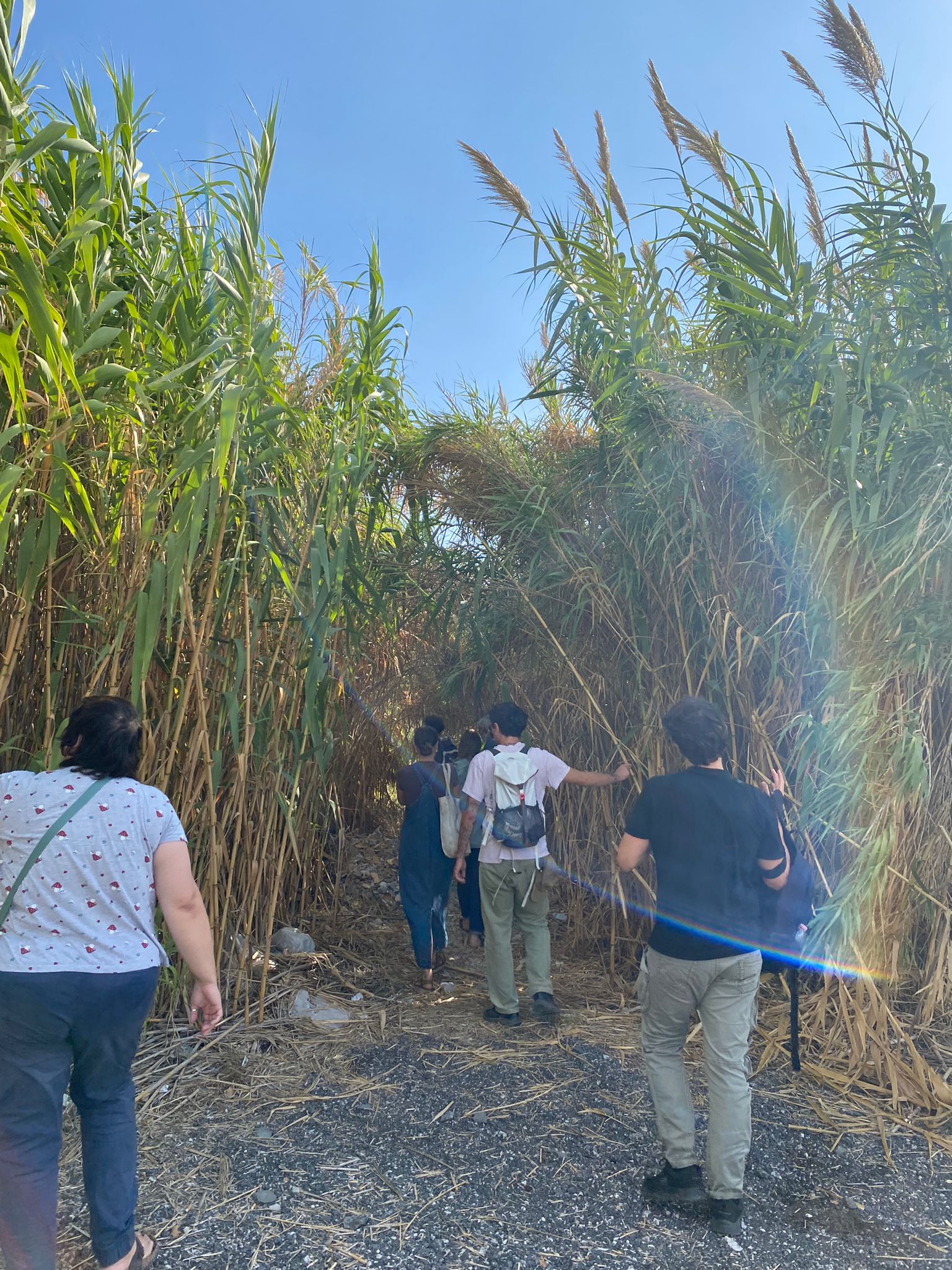
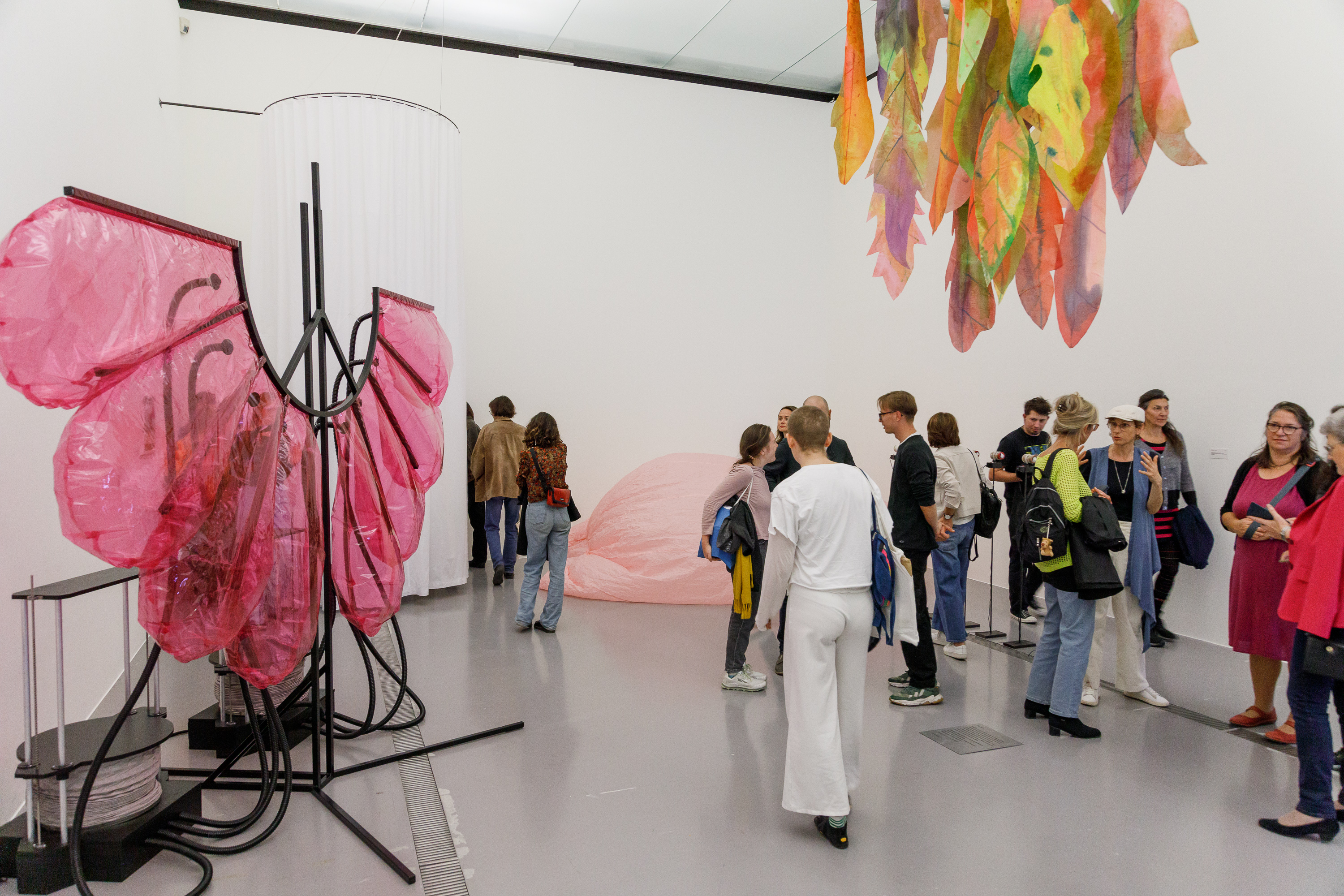
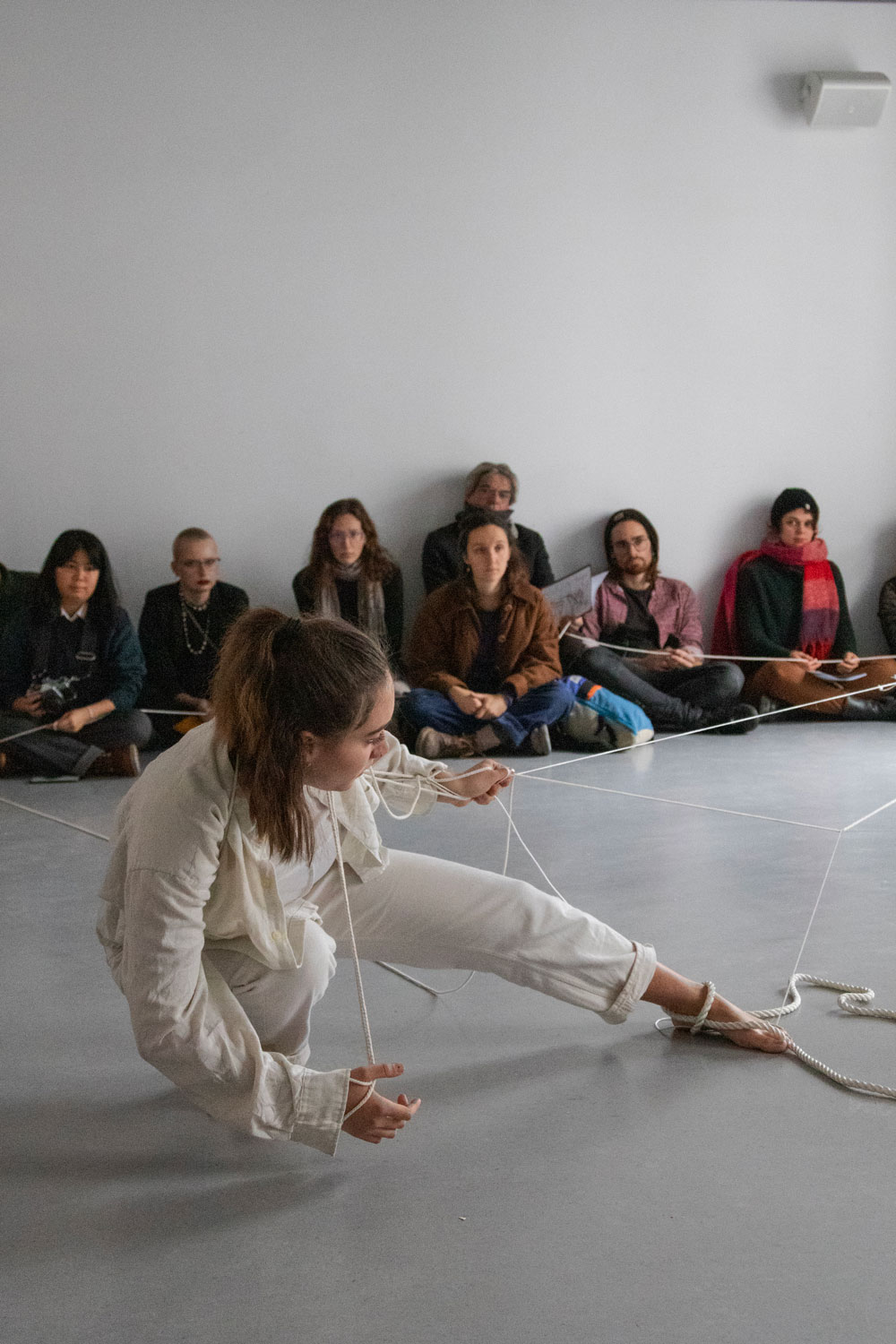















space&designstrategies is a transdisciplinary
field of study that blurs conventional boundaries between theory and practice, merging the realms of visual arts and public culture, architecture and the performing arts.
It does not represent a fixed discipline, but rather a dynamic field where diverse practitioners converge to explore situated, collaborative, and context-sensitive approaches.
Situations & Ecologies
The program is intended for students who wish to develop environmental practices that critically examine the role of art and artists within public institutions as well as emerging environments and autonomous spaces.
It encourages students to engage with the complexity of contemporary contexts through critical and transformative practices.
The program examines the social role of art, its relationship to the public sphere, and the emergence of new audiences. It asks: how can creative practices connect with territorial projects and community processes? How can art and design methods inform analysis, support decision-making, and shift perspectives? The curriculum is articulated around different urban environments, diverse landscape typologies and public situations.
from local to international
One of the program’s main aims is to establish a European network of collaborations on the topic of public space together with other higher art education institutions.
Starting this academic year, space&designstrategies is joining four other European art and design schools as a partner in STEP – Strategies for Transformative Education for art in Public Spaces, which has been selected as one of the winners of the “Europe – Cooperative Partnerships in Higher Education – 2025” program. By providing a bilingual German–English learning environment, the department seeks to welcome international students and to keep mobility at the core of educating the next generation of strategists.
BA & MA
STUDY
bachelor's program
Students build spatial literacy through fieldwork, making, and collaboration. We work in real contexts, engaging human and non-human environments, reclaiming transitional spaces, and reprogramming unused sites.
_Participate actively in studios, fieldwork, and shared spaces (ateliers, labs, workshops).
_Practice observation, mapping, prototyping (incl. 1:1 tests), and basic documentation.
_Combine media (drawing, model, photo/video, performance, writing) to communicate clearly.
_Collaborate, self-organize, and practice care, safety, and ethical conduct in public space.
_Share work publicly (crits, micro-exhibitions, site actions).
master´s program
Students lead an independent design-research project with public relevance, articulating a clear position within situations and ecologies and working across institutions, communities, and emerging environments.
_Define a research question, methods and partnerships.
_Conduct fieldwork as transformative exchange; prototype and test in public situations.
_Build a theoretical frame and annotated bibliography; align practice and writing.
_Engage audiences through lectures/crits/exhibitions
_Contribute to collaborations (e.g., European networks) and reflect on ethics and impact.
Pedagogies
The pedagogical model is grounded in experimental methodologies that emphasize hybrid, innovative, sustainable, and collaborative approaches, enabling students to engage directly with real-world situations and address the complexities of public space.
Teaching is rooted in action and collaboration. The program is structured around projects and partnerships, using an exploratory approach based on “research situations” and “project ecologies.” Learning takes place both inside and outside the school, combining theoretical and practical research with emerging tools and artisanal practices.
The Bachelor's and Master's programs are based on a collaborative action-research processes that engage directly with concrete urban, suburban, and institutional spaces. These processes often involve collaboration with diverse actors and, importantly, always unfold in dialogue with the people who use and inhabit these spaces, making the learning process alive, situated, and collaborative. We consider research as a project, the project as the outcome of research, and the project itself as a tool to test, experiment, understand, and expand/deepen the research.
Another important aspect concerns “how we inhabit” the spaces of the department. We consider our group as a large community, and the kitchen has always played a key role as a place to come together, share, and even experiment. Last year, we decided to extend this sense of belonging beyond the kitchen, expanding it throughout the department. We launched our Offene Baustelle, a process of transforming the spaces into a learning environment shaped by our presence and interests. This is an ongoing process based on design with left-over materials collected around the city.
A series of shared spaces serves as the core for making and exchanging knowledge, complemented by lectures and writing labs. Students work in an experimental environment that includes collective ateliers and studios, a bio-lab, a print room, a cozy room, a kitchen-laboratory, and a metal and wood workshop.
publications
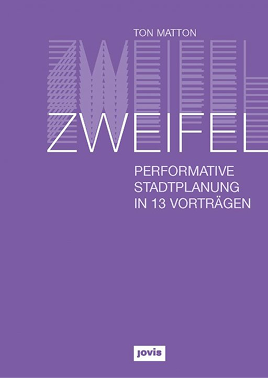
Performative Stadtplanung
in 13 Vorträgen
Ton Matton. 2019
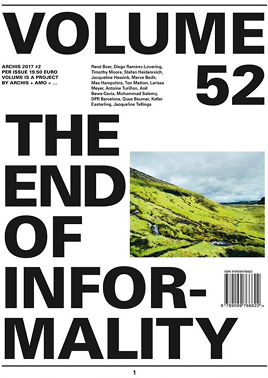
Volume 52 –
The End of Informality
2018
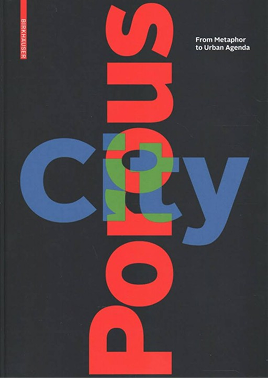
Porous City: From Metaphor to Urban Agenda
Sophie Wolfrum (eds.) 2018
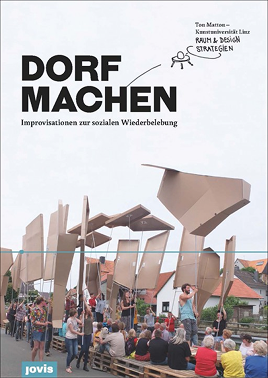
Dorf machen
Improvisationen
zur sozialen Wiederbelebung
Ton Matton (eds.) 2017
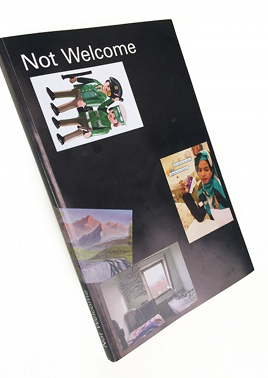
Not Welcome
Ton Matton, Michael Obrist, Antoine Turillon (eds.) 2016
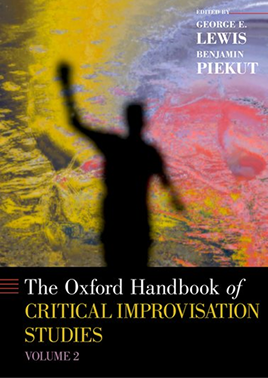
Improvisation Technology as Mode of Redesigning the Urban
Ton Matton, Christopher Dell 2016
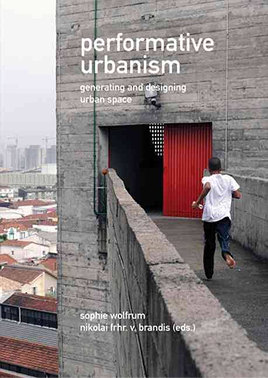
Performative Urbanism
Generating and Designing
Urban Space
Sophie Wolfrum / Nikolai Frhr. v. Brandis (eds.) 2014
Team
head professors
Andrea Curtoni
Giulia Mazzorin
former professors
Lorenzo Romito
Sabine Pollak
Ton Matton
Elsa Prochazka
teaching assistant
Elisa Polner
Ayan Rezai
senior artists
Matteo Locci
Berit Seidel
metal workshop
Matthias Narzt
Felix Vierlinger
referent/coordinator
Gertraud Kliment
lecturers
Elisa Polner
Xian Zheng
Davide Tagliabue
Smirna Kulenovic
Matthias Narzt
Stefan Brandmayr
Katarina Cibulka
Anamarija Batista
Christina Gruber
Andrea De Lorenzo
Alessandra Pomarico
Oguz Tarakci
Christian Reischl
Cornelia Plöchl
Basak Tuna
former lecturers
Alexander Römer
Michael Obrist
Herbert Winklehner
Seth Weiner
Dolma Jover Agulló
Simone Barlian
Gerda Haunschmid
Theresa Muhl
Sophie Netzer
Kerstin Reyer
Birgit Wagner
Susanne Jirkuff
mischer'traxler studio
Barbara Seyerl
Theo Deutinger
Corina Forthuber
Florian Gwinner
Waltraud Indrist
Beate Kapfenberger
Martha Starke
Mirko Krause
Rianne Makkink
Larissa Mayer
Ulrich Reiterer
Oliver Ressler
Antoine Turillon